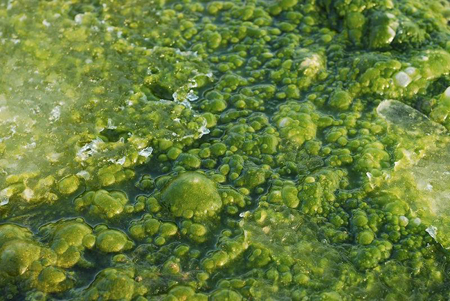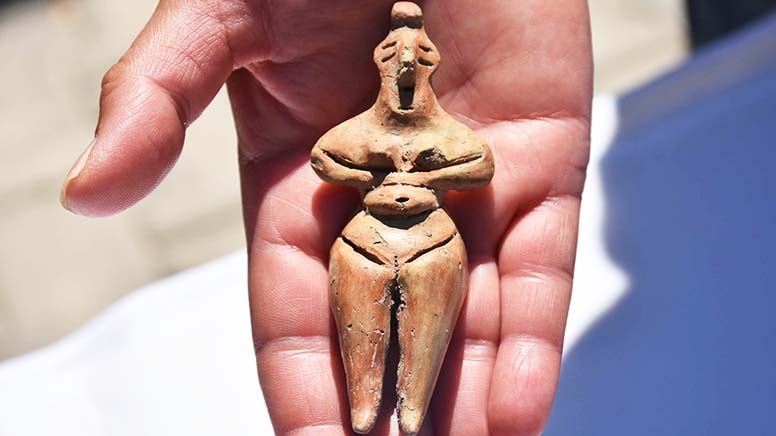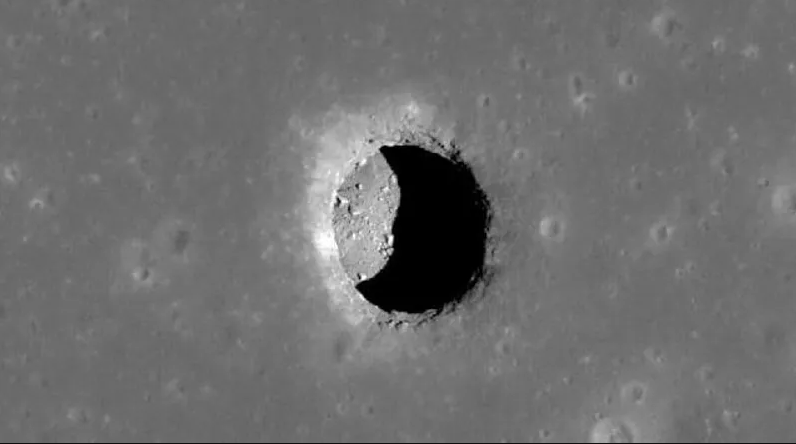
- A-
- A
- A+
Algae to be used in biofuel manufacturing
Scientists are always looking for alternatives to fossil fuels, but what about algae? Can algae be used to create biofuel?
In the realm of flora, algae get a bad rap. They're slimy and monocellular and waaay at the bottom of the food chain. Like hedge fund managers.
But as Trace Dominguez explains in today's DNews special report, algae may provide a road to a brighter future of renewable energy. Unlike hedge fund managers.
First, the basics: Algae -- that's the plural form, by the way -- are basically stemless, rootless, leafless plants. They're an important food source for both saltwater and freshwater animals. There are more than 100,000 different types of algae on earth and -- here's the critical part -- they store energy in the form of oil.
Properly harvested and processed, that oil can be used as a biofuel, similar to ethanol, which can power engines, utilities, what-have-you. Technically speaking, biofuels can do just about anything that petroleum-based fuels can do. And they eliminate that pesky tradition of having to wait several million years to brew up a batch.
Similar News
Links


 Elm TV
Elm TV
 Photo
Photo
 Video
Video





